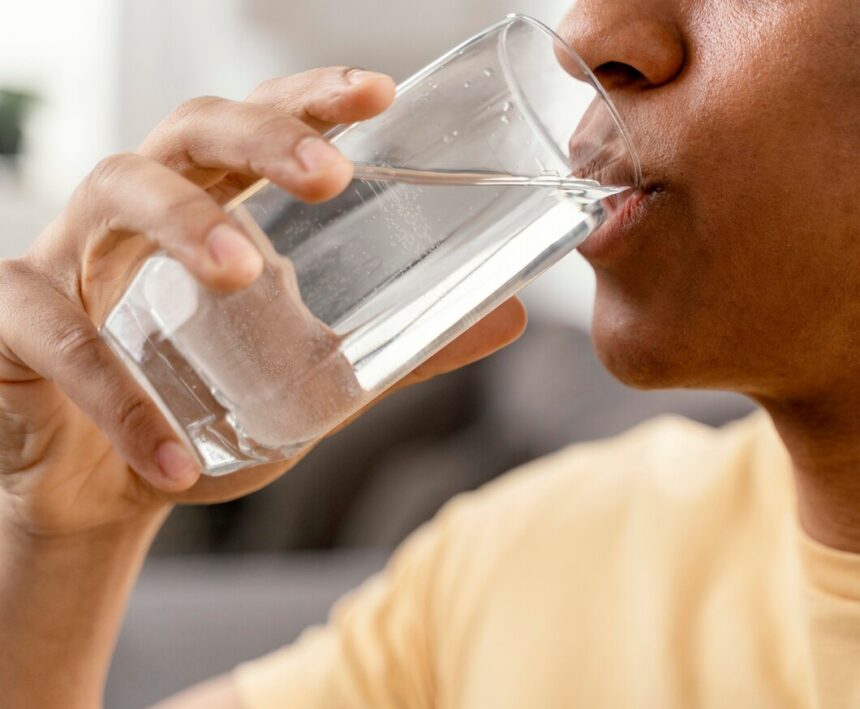Staying hydrated is essential for overall health and well-being, but did you know that hydration can also impact cognitive function? As our bodies are composed of approximately 60% water, adequate hydration is vital for optimal brain function and mental performance. In this article, we’ll explore the connection between hydration and cognition, examining the scientific evidence behind the claim that water can make you smarter.
The Importance of Hydration:
Water plays a critical role in numerous physiological processes, including regulating body temperature, lubricating joints, and transporting nutrients and waste products. In the brain, water is essential for maintaining proper cell function, facilitating neurotransmitter production, and supporting electrical signaling between neurons.
Effects of Dehydration on Cognition:
Dehydration occurs when the body loses more fluid than it takes in, leading to a deficit in water balance. Even mild dehydration can have significant effects on cognitive function, including:
- Impaired Concentration: Dehydration can impair concentration and focus, making it difficult to stay attentive and engaged in tasks.
- Reduced Memory Function: Studies have shown that dehydration can negatively impact short-term memory, making it harder to recall information or retain new knowledge.
- Slower Reaction Times: Dehydration has been linked to slower reaction times and impaired decision-making abilities, which can affect performance in activities requiring quick thinking and responsiveness.
- Increased Fatigue: Dehydration can lead to feelings of fatigue and lethargy, reducing overall alertness and productivity.
Hydration and Cognitive Performance:
Research has demonstrated that maintaining proper hydration levels can positively influence cognitive performance in several ways:
- Improved Mood: Staying hydrated can help regulate mood and reduce feelings of anxiety and stress, which can enhance cognitive function and decision-making abilities.
- Enhanced Mental Clarity: Adequate hydration supports optimal brain function, promoting mental clarity and sharpness of thought.
- Better Problem-Solving Skills: Proper hydration enables faster information processing and problem-solving, leading to improved cognitive flexibility and creativity.
- Increased Alertness: Drinking water can help combat feelings of drowsiness and maintain alertness, allowing individuals to stay focused and attentive for longer periods.
Tips for Staying Hydrated:
To maintain optimal hydration levels and support cognitive function, consider the following tips:
- Drink Water Regularly: Aim to drink water throughout the day, even when you’re not feeling thirsty, to prevent dehydration.
- Monitor Urine Color: Check the color of your urine as a simple indicator of hydration status. Pale yellow or clear urine generally indicates adequate hydration, while dark yellow urine may signal dehydration.
- Pay Attention to Thirst Signals: Listen to your body’s thirst signals and drink water when you feel thirsty, especially during physical activity or in hot weather.
- Incorporate Hydrating Foods: Consume water-rich foods such as fruits, vegetables, and soups to increase your overall fluid intake.
- Limit Dehydrating Beverages: Limit consumption of caffeinated or alcoholic beverages, as they can contribute to dehydration.
While water alone may not make you smarter, maintaining proper hydration levels is essential for supporting cognitive function and mental performance. By staying hydrated and ensuring adequate fluid intake, you can enhance concentration, memory, and overall cognitive abilities. Remember to listen to your body’s thirst signals and make hydration a priority in your daily routine to reap the benefits of optimal brain health and function.










